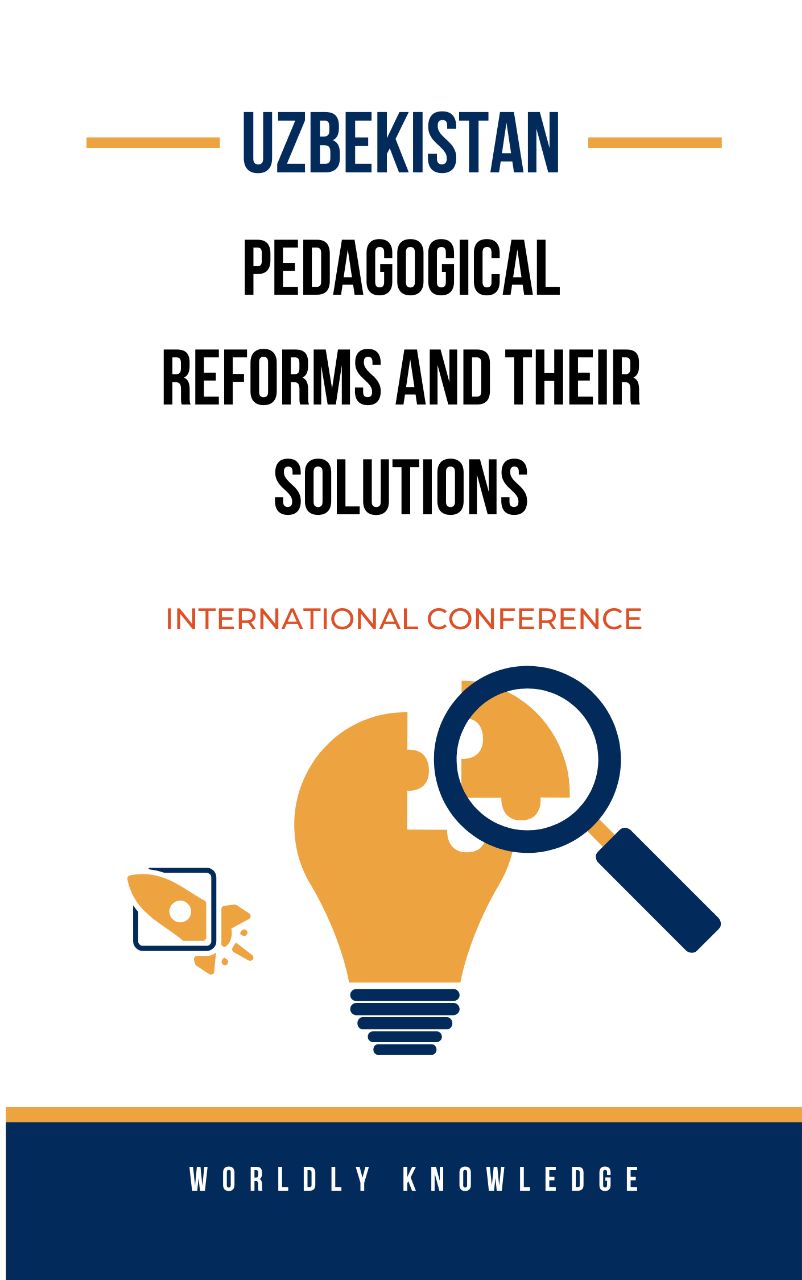HOW PBL CAN DEVELOP CRITICAL THINKING AND PROBLEM-SOLVING SKILLS IN STUDENTS BY HAVING THEMWORK ON REAL-WORLD
Keywords:
hands-on projects, problem-solving abilities, authentic problems, metacognitive skill.Abstract
This thesis explores the effectiveness of project-based learning (PBL) as an educational approach that promotes student engagement, critical thinking, and real-world problem-solving skills. It examines various methodologies for implementing PBL in classroom settings and highlights its impact on student motivation and academic performance. The study aims to demonstrate how PBL, when designed and executed properly, can bridge the gap between theoretical knowledge and practical application. This work contributes to the existing body of educational research by offering practical strategies and insights for educators seeking to adopt a student-centered, hands-on approach to teaching.
References
1.Bell, S. (2010). "Project-Based Learning for the 21st Century: Skills for the Future." The Clearing House: A Journal of Educational Strategies, Issues, and Ideas, 83(2), 39-43.
oThis article discusses how PBL equips students with essential 21st-century skills such as critical thinking, collaboration, and communication through hands-on, real-world projects.
2.Thomas, J. W. (2000). "A Review of Research on Project-Based Learning." The Autodesk Foundation.
oA comprehensive review detailing the principles of PBL and how it impacts student engagement and learning outcomes, emphasizing its effectiveness in developing critical thinking.
3.Hmelo-Silver, C. E. (2004). "Problem-Based Learning: What and How Do Students Learn?" Educational Psychology Review, 16(3), 235-266.
oThis study focuses on the inquiry-driven nature of PBL and how students gain deeper knowledge by exploring real-world problems and engaging in collaborative learning.
4.Blumenfeld, P. C., Soloway, E., Marx, R. W., Krajcik, J. S., Guzdial, M., & Palincsar, A. (1991). "Motivating Project-Based Learning: Sustaining the Doing, Supporting the Learning." Educational Psychologist, 26(3-4), 369-398.
oHighlights the motivational aspects of PBL, explaining how authentic problems and student choice increase ownership and engagement in the learning process.
5.Larmer, J., & Mergendoller, J. R. (2015). "Gold Standard PBL: Essential Project Design Elements." Buck Institute for Education.
oProvides a framework for designing effective PBL projects that focus on real-world application, critical thinking, and iterative learning, emphasizing the importance of reflection and feedback.
6.Barron, B. & Darling-Hammond, L. (2008). "Teaching for Meaningful Learning: A Review of Research on Inquiry-Based and Cooperative Learning." Edutopia.
oThis resource explores various inquiry-based methodologies, including PBL, and their role in promoting metacognition, problem-solving, and collaboration among students.

